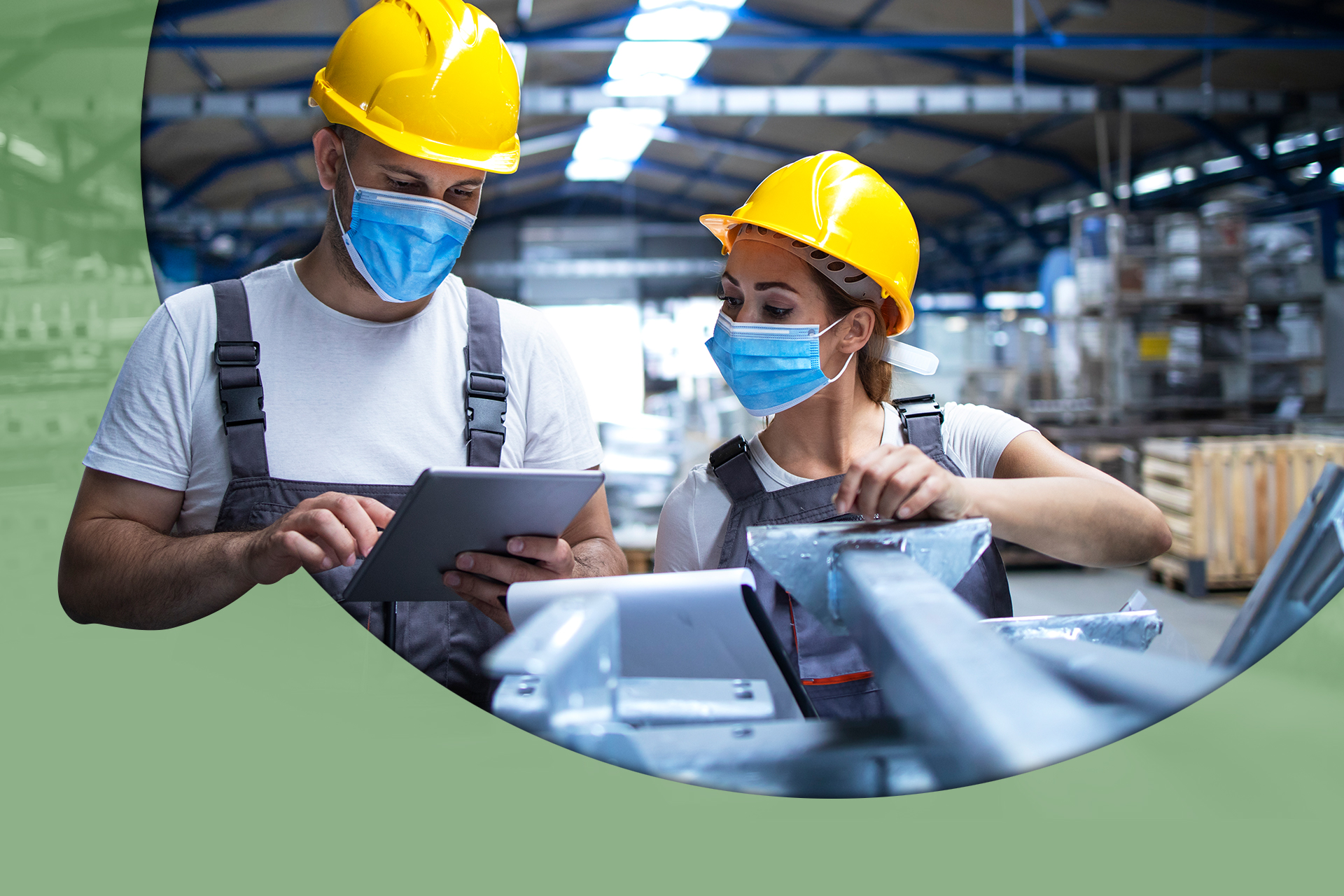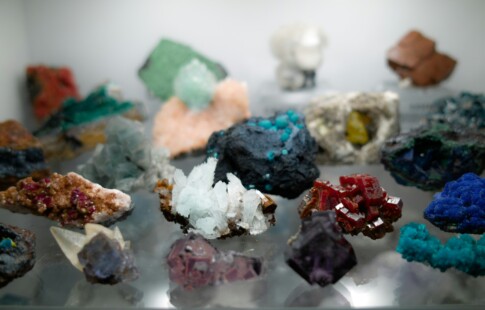
Sustainable Manufacturers Are on the Rise
We are reader-supported. When you buy through links on our site, we may earn affiliate commission.
As the need for green reaches the far corners of the earth, more companies and manufacturers are finding ways to be more sustainable. Whether companies use recycled materials, cut down on waste, provide efficiency or offer life-long satisfaction and balance for their employees and community, they’re part of the efforts to make manufacturing more eco-friendly.
Sustainable manufacturers are on the rise. Read on to learn more about what sustainable manufacturing is and the companies leading the way in green business.
What Is Sustainable Manufacturing?
Perhaps you’ve been in the store, and you saw all of these products that have labels with “green,” “eco-friendly,” or “sustainable.” Many companies and manufacturers are switching to sustainable business practices, and there has been an increase in more sustainable shelf products.
Sustainable manufacturing is when companies create manufactured products through a process that is more economically and environmentally sound. These practices minimize adverse effects on the environment by conserving energy and resources. Plus, in the end, these products are safer overall for employees, communities and the environment.
Why Are Companies Striving for Sustainability?
There are multiple benefits available for manufacturers that decide to practice sustainability in their companies. Many see sustainability as a way to compete with other manufacturers globally and increase their company’s growth.
Additionally, more manufacturers are deciding to step into the eco-friendly industry. The trend to go green has reached beyond a small niche of companies and has expanded to prominent globally-known companies.
Here are some of the reasons why manufacturing companies are deciding to make the switch to sustainability:
- Companies that practice sustainable methods increase their efficiency overall. Plus, efficiency means a reduction in costs and waste for their products.
- When consumers see “eco-friendly” or “sustainable” on labels, they are more likely to purchase that product as long as the information is valid. This protects and strengthens the brand reputation for the company, and it further builds trust that the products are beneficial.
- People worldwide are making changes to their lifestyles to be more environmentally friendly, meaning that companies they used to adhere to must change practices to align with their audience. When manufacturers choose sustainability, they can respond to customers and reach new ones, increasing their competitiveness and giving them an advantage over other companies.
- One of the sustainability factors is that a company or product can last and provide for future generations. Sustainability in a business means that it can build long-term success and viability.
- Manufacturing companies also mean they can pay off with tax credit. Many green or sustainable companies get government tax benefits when using methods and practices that benefit the environment.
- Like sustainable manufacturing attracts new customers, it can also attract new employees. This means the business will continue to expand.
Check out some examples of sustainable manufacturing companies and why they are sustainable.
1. Adidas
Adidas approaches its manufacturing with sustainability in mind. They are a German-based company but have operations all around the world. The company manufactures both Adidas and Reebok sporting goods. In addition to being a sustainable company, Adidas finds a balance with shareholders, human rights and employee needs.
They want to act as a responsible business and believe that environmental responsibility leads to economic success. Adidas continues to learn about sustainability efforts as well.
2. BMW
This company based in Germany operates worldwide. They have sustainability efforts, such as reducing the emissions of the vehicles they produce. Plus, they have offered many electric cars and hybrid options for their customers. Since 2020, BMW has used only renewable energy sources worldwide.
In addition to being sustainable for the environment, BMW also sustains its customers and employees. They include diverse employees, and they wish to help employees find a balance between home life and work life.
3. Biogen
Another sustainable manufacturer is Biogen. The company develops therapies for people who suffer from various diseases, including neurological, hematologic and autoimmune. Biogen has successfully and effectively made itself a carbon-neutral company. This means that their manufacturing processes are offset by reduction projects.
Biogen clearly outlines its sustainability efforts with a document made available for the public to view. They aim to seek ways to put less of an impact on the environment, support local needs, reduce their use of natural resources and ensure their products are safe throughout their lifespan. Additionally, they maintain a safe and healthy workplace for employees.
4. Pro Packaging
Pro Packaging is a smaller business than the ones mentioned above, but its sustainability practices are just as important. Based in California in the United States, Pro Packaging offers sustainable options with their standard packaging products.
Instead of making new packaging products, they use recycled materials, including 100% recycled boxes, paper, and paperboard. Their ink is also sustainable and is made from soy, linseed or corn oil. Like with Biogen, they have a whole page on their website dedicated to sustainability goals.
Choosing Sustainability
Hopefully, other companies throughout the world will take on these ideas to become more sustainable manufacturers. It will ensure that future generations have the same opportunities that we do now. The best part? It helps the environment.
Share on
Like what you read? Join other Environment.co readers!
Get the latest updates on our planet by subscribing to the Environment.co newsletter!
About the author

Jane Marsh
Starting from an early age, Jane Marsh loved all animals and became a budding environmentalist. Now, Jane works as the Editor-in-Chief of Environment.co where she covers topics related to climate policy, renewable energy, the food industry, and more.





